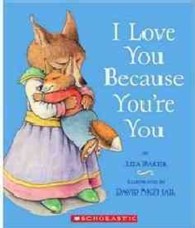基本説明
Themes: Culture of the mathematics classroom/ Communication in mathematics classrooms/ Pupil's and teacher's perceptions.
Full Description
Mathematics Education identifies some of the most significant issues in mathematics education today. Pulling together relevant articles from authors well-known in their fields of study, the book addresses topical issues such as:
gender
equity
attitude
teacher belief and knowledge
community of practice
autonomy and agency
assessment
technology.
The subject is dealt with in three parts: culture of the mathematics classroom, communication in mathematics classrooms and pupils' and teachers' perceptions.
Students on postgraduate courses in mathematics education will find this book a valuable resource. Students on BEd and PGCE courses will also find this a useful source of reference as will teachers of mathematics, mentors and advisers.
Contents
Introduction: Issues in researching mathematics learning Section 1: Culture of the mathematics classroom 1. Images of mathematics, values and gender: a philosophical perspective 2. Towards a sociology of learning in primary schools3. Learners as authors in mathematics classrooms 4. Paradigmatic conflicts in informal mathematics assessment as sources of social inequity5. Constructing the 'legitimate' goal of a 'realistic' mathematics item: a comparison of 10-11 and 13-14 year olds 6. Establishing a community of practice in a secondary mathematics classroom Section 2: Communication in mathematics classrooms 7. Mathematics, social class and linguistic capital: an analysis of mathematics classroom interactions8. What is the role of diagrams in communication of mathematical activity? 9. 'The Whispers' : rival classroom discourses and inquiry mathematics10. Steering between skills and creativity: a role for the computer?Section 3: Pupils' and teachers' perceptions 11. The relationship of teachers' conceptions of mathematics and mathematics teaching to instructional practice12. Setting, social class and survival of the quickest 13. 'I'll be a nothing': structure, agency and the construction of identity through assessment 14. Pupils' perspectives on learning mathematics








